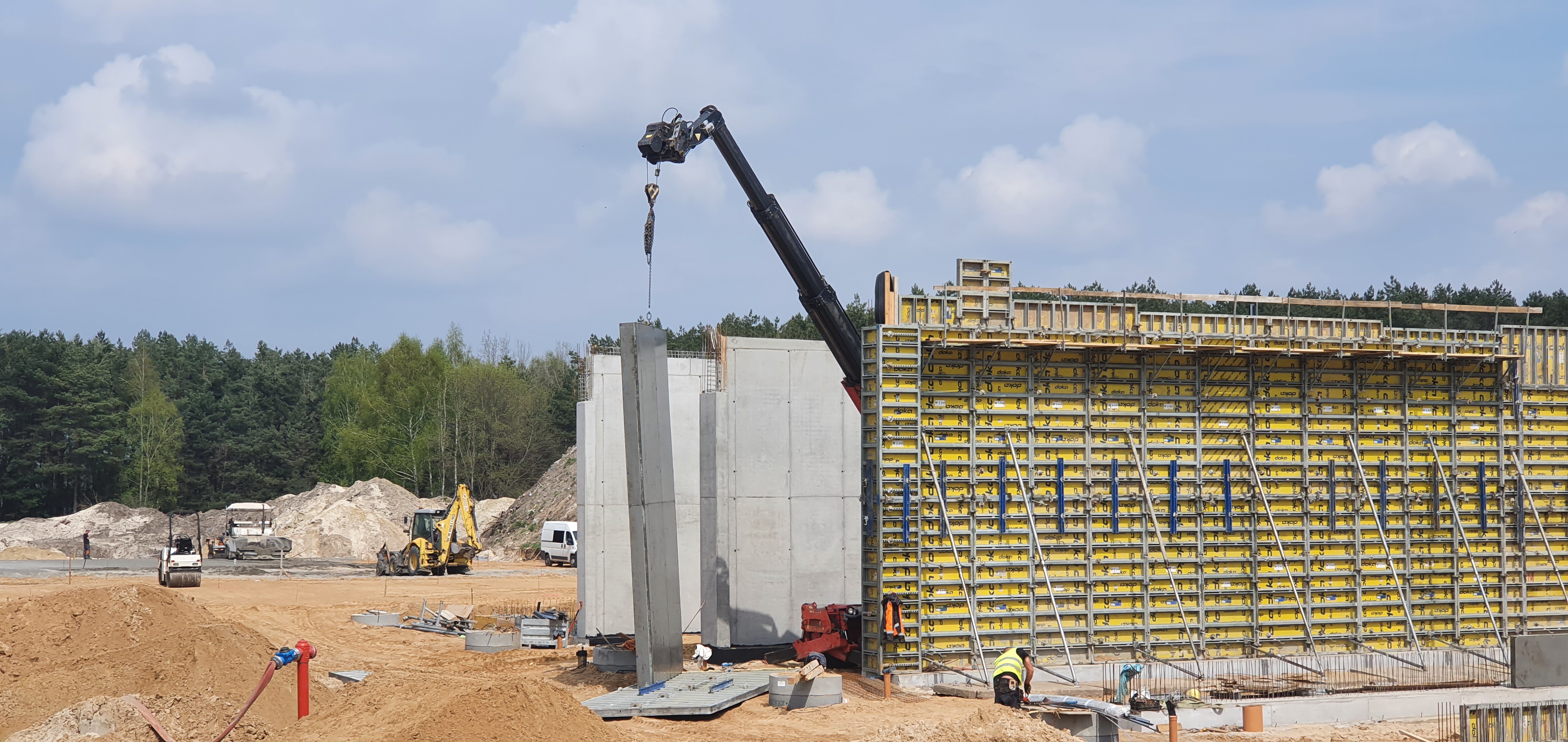
Post-implementation analyses
Post-implementation analyses


Post-execution analysis is not a new issue in the course of the investment process in our country, but so far this study has been used mainly for linear investments (road and rail infrastructure).
The currently observed increase in the popularity and importance of post-implementation analysis is primarily related to the need for final settlements of contracts subsidized by EU funds.
The post-execution analysis, in Polish legal regulations, is established, among others, in the Law on Environmental Protection (Journal of Laws 2008 No. 25 item 150, as amended) and the Law on Providing Information on the Environment and its Protection, Public Participation in Environmental Protection and Environmental Impact Assessments (Journal of Laws 2008 No. 199 item 1227, as amended). According to the aforementioned legal acts, 'post-execution analysis' is understood as studies and research aimed at comparing the findings contained in the report on the impact of the project on the environment and in the decision on environmental conditions, in particular the findings regarding the predicted nature and extent of the project's impact and the planned preventive measures with the actual impact of the project on the environment and the measures taken to reduce it.
As a result of the requirements imposed on beneficiaries implementing subsidized investments, both the scope and objectives of this document have changed - the post-execution analysis has acquired the characteristics of an external audit. Post-execution analysis as an audit is carried out at the request of the Investor in order to ascertain the truthfulness and reliability of the implementation of the project, in relation to the adopted technical, technological and organizational solutions in the field:
- Environmental protection (verification of the projected environmental impact),
- production process (evaluation of the achievement of the planned technical and technological parameters of the installation specified in the Employer's Requirements and/or the documents defining the parameters for the settlement of EU-funded Contracts).
The purpose of such an audit is to express an opinion on the sensitive elements of the project, based on the tests, analyses, studies and observations carried out. Post-implementation analysis (audit), thanks to its extensive formula, allows, among other things:
- verification that the assumptions (goals) set in the project design of the project have been achieved,
- verification that the operation of the project is in accordance with accepted standards, status or practices,
- evaluation of control procedures to determine whether the subject of the audit will also in the future meet the requirements agreed to be applied,
- identification of errors of a technical and technological nature of the implemented task,
- indication of practical information, guidance guidelines for operational improvement of the project and/or possible corrective actions to achieve the assumed expectations.
An abbreviated flow chart of the post-implementation analysis-audit is presented below:


